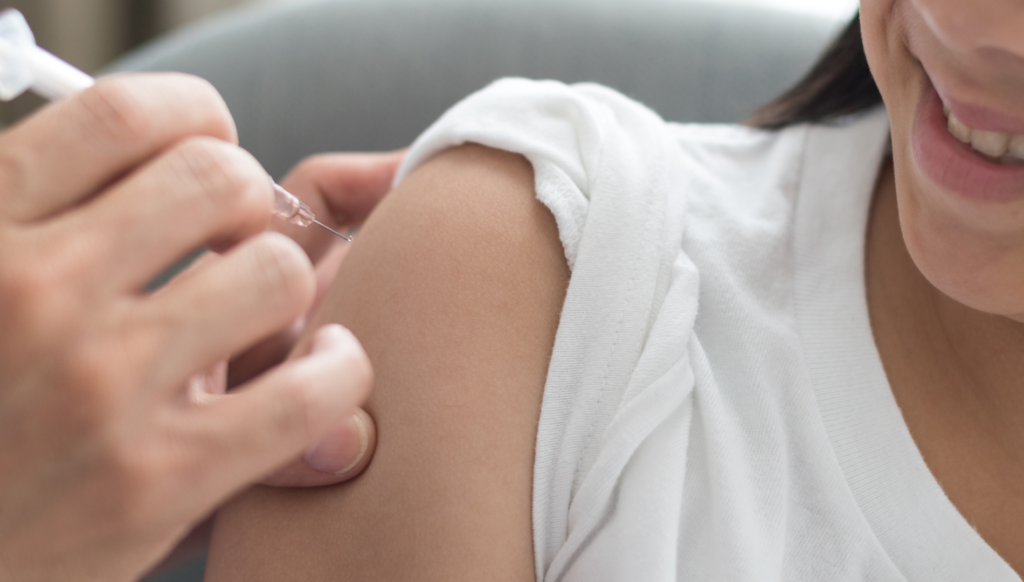Warts. They have a bad reputation—and for good reason. They seemingly appear from nowhere and can stick around for a long time. When it comes to your reproductive health, genital warts are the result of several types of HPV or human papillomavirus. HPV is the leading cause of cervical cancer, and it is associated with others, including vaginal cancer and oral cancers. Today, we can prevent many types of HPV with a vaccine. By preventing HPV, the risk of cervical cancer and genital warts are greatly reduced. Learn more about HPV and cancer.
HPV Spreads Easily
Warts caused by HPV can spread if they are touched. Close skin contact—including any sexual activity—can spread genital warts to the male genitals, vaginal area, anal region, and mouth. While a wart on a finger or face becomes obvious, it may go undetected on the genitals. Through unprotected sexual activity, it can continue to spread to the next person. Using condoms and limiting sexual partners offers some reduction of the risk of contracting HPV, but millions of Americans still contract HPV every year. It is believed that most people are exposed to HPV in the first few years of becoming sexually active.
Preventing HPV Helps Prevent Certain Cancers
The development of an HPV vaccine is providing peace of mind to millions of young women and to parents of girls, in particular. Parents can now help prevent their daughters from getting cervical cancer by having them vaccinated against HPV. By preventing HPV from mutating cells, their children’s risk of contracting certain cancers is reduced. Boys should also be vaccinated, as it helps prevent the spread of the virus, and their risk of cancer is also reduced.
Since 2006, the HPV vaccine has been administered to children starting around the age of 9 and through their teenage years to prevent several strains of HPV infection. The FDA approved Gardasil, the first HPV vaccine, in 2014. It is also administered to people up to age 45. The vaccine is given in a series of three shots. Now that HPV vaccines have been in use for more than a decade, the results demonstrate its effectiveness. Infections of the HPV types that cause genital warts have dropped 88 percent among teen girls and 81 percent among young adult women. This has also reduced cases of precancer of the cervix.

Our Recommendations
West Des Moines OBGYN Associates recommends the use of the HPV vaccine to reduce the risk of cervical cancer as well as head/ neck cancer. We also recommend regular screenings for cervical cancer, whether or not you’ve been vaccinated. The pap smear is the best test for detecting abnormal cells in the cervix. Most women have these during their annual pelvic exam starting at age 25 and continuing every 1-5 years depending on their previous pap smear results.
When children turn 9 or 10, it is time to discuss the HPV vaccine with your child, your partner, and their doctor. Call your doctor at West Des Moines OBGYN Associates to learn more about preventing cervical cancer with the HPV vaccine.


